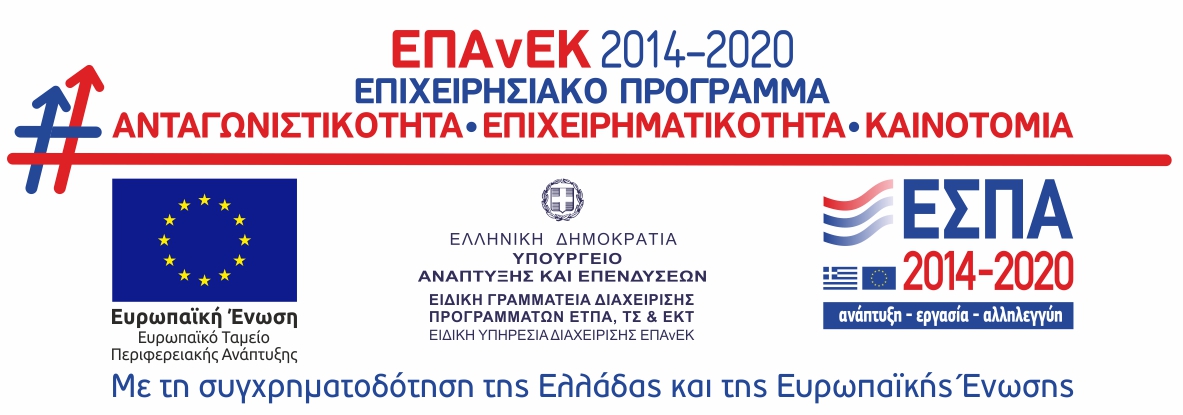Κάντε log in ή Εγγραφείτε εδώ
Αναζήτηση: Lilika Couri-Suzanne Antonaros
Results
ANSWER: Writing activities must take place in class. And, when we say writing, we mean productive writing activities which are specifically designed so learners can produce in writing the knowledge they have just acquired or they have acquired so far.
Answer: It's true that Valentine's Day isn't part of every language learner's culture and tradition. However, just about all of the world has adopted it, as it does give the opportunity to people to "celebrate" love and friendship on a special day.
We would like to suggest an activity which could be used for Valentine's Day, but it could also be used any other time of the year, whenever you would like to give the opportunity to your learners (of all ages) to be mindful and to express positive feelings towards each other, their best friend, or their family.

Answer: There are many activities. The one we are discussing today, combines collaboration and developing the social skill of giving/receiving, as well as the language one can use. This activity could also be used in-person.
TITLE: "Pass the Gift"
LEVEL: A1+
BEFORE CLASS: No preparation required of the teacher.
IN CLASS - ONLINE:

QUESTION: I have heard about poetry writing activities in the EFL classroom. I would like to use some with my learners. Could you suggest activities for young learners as well as for adolescents/teenagers? And, if I use them, would I be taking time from more "important" language practice activities?
ANSWER: One of the best strategies for learners who may be reluctant or shy to speak is to get learners working in pairs to 'prepare' something to perform for you and the rest of the class. In pairs learners often mutually support each other's performance success. You may wish to try this activity below with elementary+ learners of all ages.
ACTIVITY: "Voices: Inside and Out" dialogue writing pair work activity.
LEVEL & AGE: All Levels from A2+, ages 10+
ANSWER: Obviously, young learners in pre-primary and primary levels will feel inclined to speak to you in their mother tongue. What we need to do as language teachers is to create an English-speaking environment in class. One of the best ways to keep English as the official language of the class is to interject, throughout the lesson--before, after and in-between planned activities-- short and catchy rhymes and chants that will involve the children in listening, miming, speaking and rhythmic clapping.
ANSWER: Congratulations! Creating an atmosphere in which learners build positive relationships with you and each other is an important goal of language teachers. Our suggestion for a backdrop of an end-of-the-year celebration is a display of individual posters based on the vocabulary activity, "My Name Crossword".
TITLE: "My Name Crossword"
LEVEL: A2 +
QUESTION: How can I encourage my learners to read English outside of class and how can I ‘check’ that they do read?
ANSWER: There are two major language learning strategies, which we definitely want our learners to develop: extensive reading and notetaking. For both strategies to develop into continuous practices and habits, our learners must do them outside of class.
ΑΠΑΝΤΗΣΗ: Θα το κάνουμε με ευχαρίστηση. Θα απαντάμε και σε ερωτήσεις καθηγητών/τριών όλων των άλλων ξένων γλωσσών, ακόμη και ελληνικών που διδάσκονται ως ξένη γλώσσα. Και βέβαια, και οι καθηγητές/τριες αγγλικών θα μπορούν να τις χρησιμοποιήσουν, γιατί όλοι ακολουθούμε τις ίδιες αρχές μεθοδολογίας στη διδασκαλία ξένων γλωσσών.
ΤΙΤΛΟΣ: "O Αγαπημένος μου αριθμός"
ΕΠΙΠΕΔΟ: Β2+
ΗΛΙΚΙΑ: 15+ (Έφηβοι - Ενήλικες)

ANSWER: A flexible, integrated skills activity, “Let’s exchange stories”, in which groups of language learners build a story inspired by visuals, creates an opportunity for groups of learners to relate stories to each other providing them with plenty of practice in observing, notetaking, listening, speaking and cooperation.

